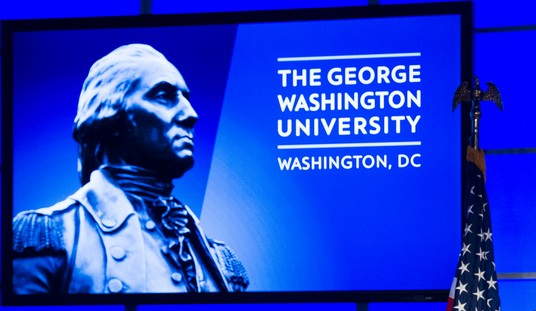WASHINGTON – Sens. Shelley Moore Capito (R-W.Va.) and Tim Kaine (D-Va.) joined a group of Democratic lawmakers earlier this month in introducing a bill that would expand career exploration programs, traditionally available for high schoolers, to students in middle school.
The Middle School Technical Education Program (Middle STEP) Act would offer a pilot program for Career and Technical Education, allowing middle schools to collaborate with colleges, postsecondary organizations and local businesses. Rep. Susan Davis (D-Calif.) introduced companion legislation in the House.
“Wherever I travel through Virginia I hear the same thing from business owners, manufacturers, and plant managers: there are good-paying jobs out there, we just need to train our students with the skills to fill them,” Kaine, a member of the Health, Education, Labor and Pensions (HELP) Committee, said in a statement for the bill’s introduction. “Middle school is a time for students to begin thinking about what they want to pursue in life.”
Capito, co-chairman for the Senate Career and Technical Education Caucus, reiterated in her own statement that the program will help students prepare for well-paying jobs in West Virginia and all over the country. Davis argued that students who have long-term career goals tend to be more engaged in school, and “too many” students enter high school without a sense of what they want to do.
The pilot program would allow access to apprenticeships, academic counseling and career advice. None of the lawmakers provided a cost estimate for such a program. In the Senate, co-sponsors include Sens. Jeanne Shaheen (D-N.H.), Ron Wyden (D-Ore.), Bob Casey (D-Pa.), Sheldon Whitehouse (D-R.I.) and Mark Warner (D-Va.).
Neal P. McCluskey, a former high school English teacher and director for the Center for Educational Freedom at the Cato Institute, said in a recent interview that while this legislation could expose young students to more expansive career opportunities, potentially de-stigmatizing technical career aspirations, it’s unnecessary for the federal government to get involved. State and local districts, he argued, would be better-suited and potentially less expensive for implementing such a program.
McCluskey has been researching education policy for pre-kindergarten to college for the past 15 years, and he’s found that many people enrolling in higher education might be better off going through technical training rather than pursuing a four-year degree.
“While it’s a good sign that people are seriously looking at alternatives to have a college-prep track for schooling, there’s no reason – it’s a bad sign and a bad thing that this would come from Washington,” he said.
Though there’s no empirical research on the best age for starting to develop a career, McCluskey said that it’s not unreasonable for someone as early as fifth grade to start thinking about what they might want to do professionally. He cautioned against federal government involvement, though, noting that this “feel-good” legislation might just mean votes for lawmakers patting themselves on the back.
“What’s always ignored in these things is whether or not it’s necessary,” he said. “There’s a cost to it. There’s a cost to taxpayers and districts that accept these things, because there’s a lot of bureaucracy that comes with taking the money from the federal government, which you wouldn’t have if the district were to do something like this on their own or if a state were to do this on their own.”
The Bureau of Labor Statistics has compiled figures on the fastest-growing and declining professions between 2014 and 2024. Among the fastest-growing are wind turbine service technicians (108 percent), occupational therapy assistants (42.7 percent), physical therapist assistants (40.6 percent) and physical therapist aides (39 percent). The median salaries for those positions all fall between $37,000 and $60,000. The highest earners for fast-growing occupations were nurse practitioners, physician assistants, and optometrists – all of which recorded six-figure median salaries and growth between 27 and 35.2 percent.
The faster-declining occupations included: locomotive firers (-69.9 percent), electronic equipment installers and repairers for motor vehicles (-50 percent), telephone operators (-42.4 percent), and postal service mail sorters, processors and operators (-33.7 percent). Those positions earn a median salary between $32,000 and $60,000.








Join the conversation as a VIP Member